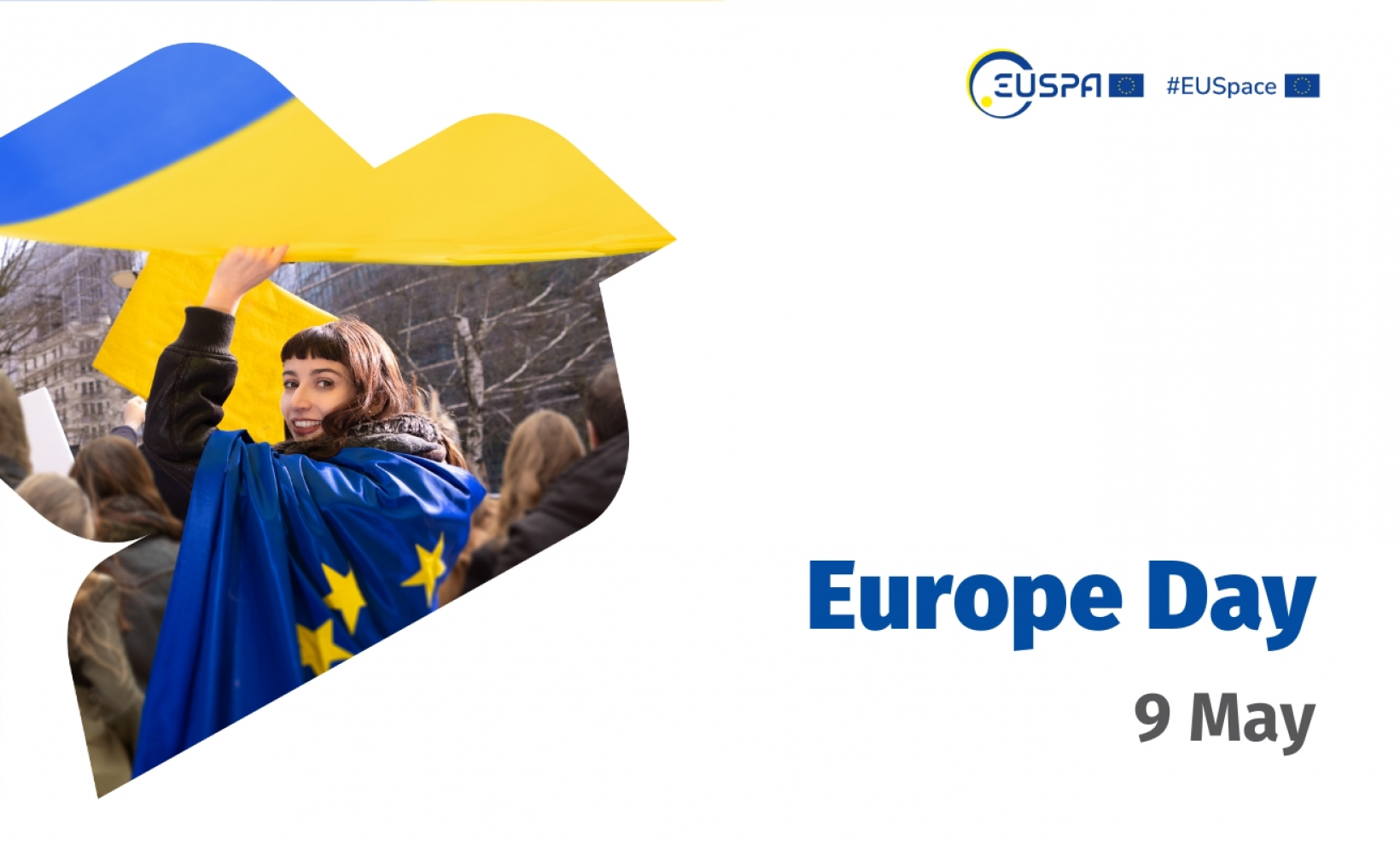
Today, the EU and its citizens celebrate the signing of the Schuman Declaration, the historic agreement that laid the foundation for a united Europe and planted the seeds to what would evolve into the European Union.
A lot has been achieved in the seven decades since the declaration was signed on 9 May 1950. For example, we’ve established the freedom of movement for EU citizens, built one of the world’s biggest single markets and even won a Nobel Peace Prize. We continue to protect our citizens with robust consumer protection laws and are on our way to becoming the world’s first climate neutral continent.
We also built an independent space programme that is both competitive and innovative and that delivers real benefits to citizens and businesses alike. “The data and services provided by the EU Space Programme support EU interests and goals like the Green Deal and Digital Transformation and are indispensable to the daily lives of Europeans,” says EUSPA Executive Director Rodrigo da Costa.
A comprehensive EU Space Programme
Over 4 billion people currently use Galileo, the world’s most precise positioning system, while many governments, national agencies, institutions, researchers and businesses are leveraging the information coming from Copernicus, the world’s best Earth Observation system.
The EU Space Programme also includes EGNOS, Europe's regional satellite-based augmentation system (SBAS) that is used to improve the accuracy and reliability of GNSS positioning information. Originally designed to benefit aviation, EGNOS has revolutionised the way we fly – creating greater access to small and regional airports, increasing safety and facilitating more efficient and sustainable flight routes across Europe.
Rounding out the EU Space Programme are Space Situational Awareness (SSA), which provides comprehensive knowledge about space hazards, and the forthcoming GOVSATCOM, which aims to provide secure and cost-efficient communication capabilities to security and safety critical missions and operations.
The latest addition is IRIS2 (Infrastructure for Resilience, Interconnectivity and Security by Satellite). The new satellite constellation will provide secure communication services to the EU and its Member States as well as broadband connectivity for European citizens, private companies and governmental authorities. Initial services are expected to launch next year, with full operational capability happening by 2027.
The link between space technology and user needs
Not only is Europe Day an opportunity to celebrate the achievement that is the EU Space Programme, it also coincides with EUSPA’s anniversary. Established two years ago as the European Union’s only agency dedicated to space, EUSPA serves as the essential link between space technology and user needs.
In addition to implementing the EU Space Programme, EUSPA is responsible for providing reliable, safe and secure space-related services and maximising their socio-economic benefits for all of society. By fostering the development of innovative and competitive upstream and downstream sectors and by engaging with the entire EU Space community, EUSPA helps drive innovation-based growth across the European economy. It also contributes to the safety of EU citizens, the security of the Union and its Member States and reinforces the EU’s strategic autonomy.
“At the heart of our work is a commitment to support an innovative and competitive EU space sector, ensuring that space continues to drive innovation-based growth in Europe and deliver services and applications that meet the challenges of both today and tomorrow,” adds da Costa.

